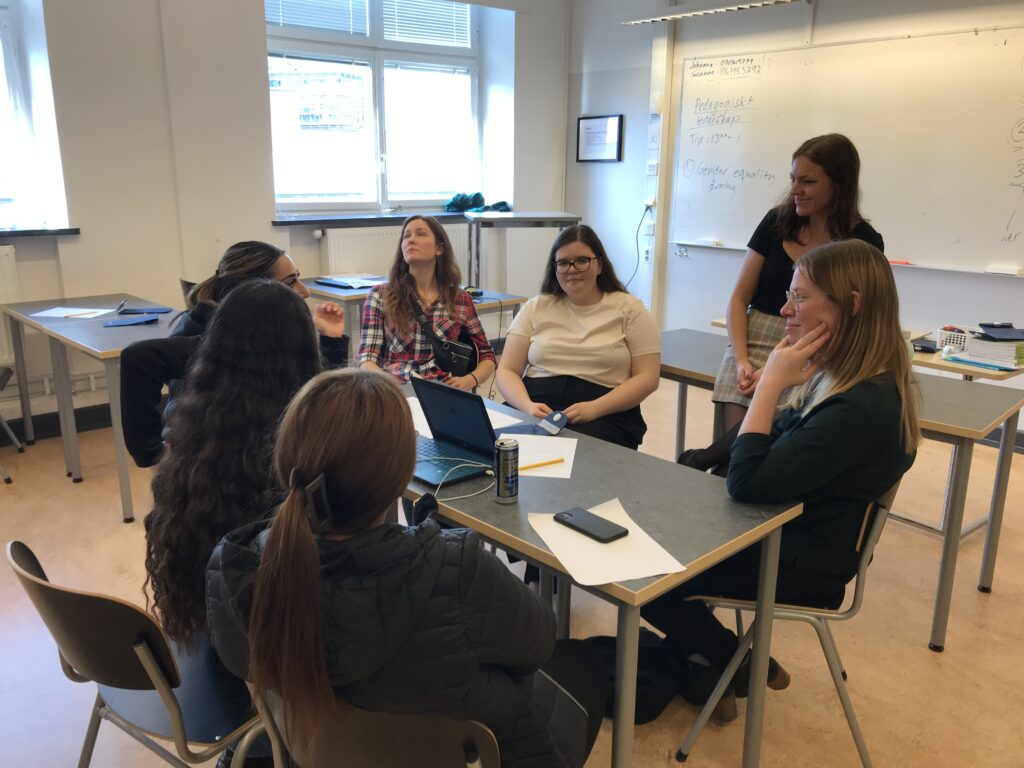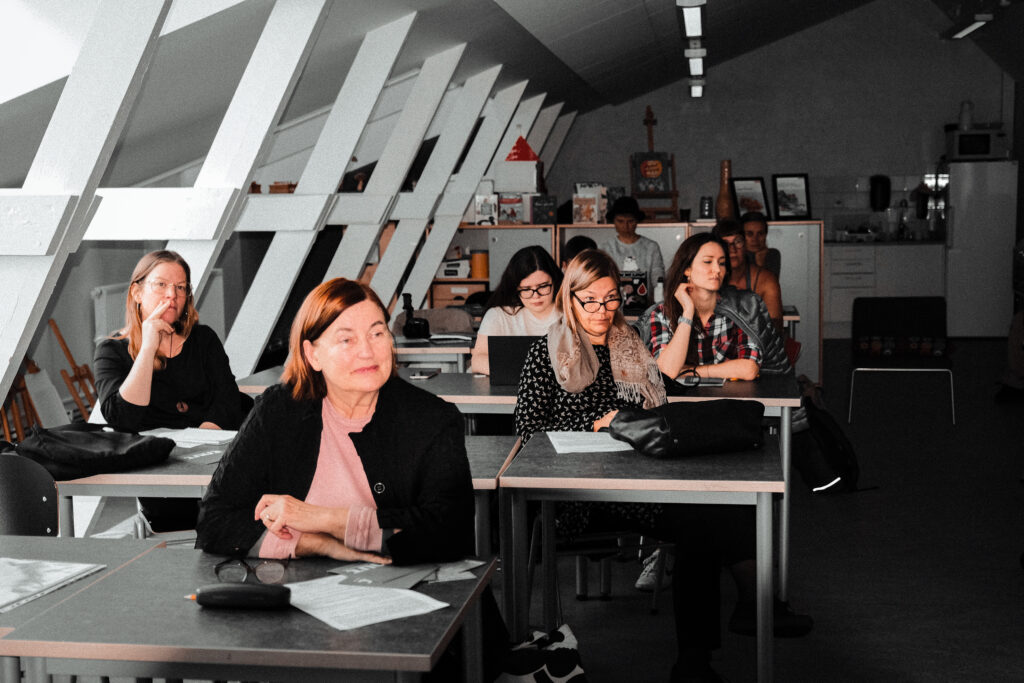International Training on Gender Equality, 15-17th of September 2022, Göteborg, Sweden
The international training has improved youth and educators’ competencies and gained new skills on gender equality, pay gap, equal treatment, family models, and gender roles questions and allowed participants to be multipliers.


In the meeting, we begin the development of the Educational Toolkit and Web resource (as the primary practical outcome of the project) and discuss the impact of gender equality and equal treatment in policy-making, social life and interrelation with formal, non-formal education and learning processes in relation with SDG themes.
At the international training we provided constructive knowledge and skills on gender equality in the education system to ensure early intervention in perpetuating prejudices and stereotypes. Young people has confirmed an inportance to achive success in this work and specially in avoiding any discrimination and buling between students and educators. Additionaly to that young people are looking forward together create a gender equal enviroment for any person despite gender, age, sexual orientation and race, ethnicity or religion belives.
Training was conduceted by highly professional experts and young people who shared own experience and knowledge with young people. Training themes were delivered by Malin Gustavsson, Laura Hagström and Virve Savoila (Ekvalita, Finland), Susanne Kallanvaara (Burgårdens Gymnasium, Sweden), Ivan Vasilevskikh and Alejandra Cordero Hansen (Copenhagen Business Academy students, Denmark), Reet Laja (The Estonian Women’s Studies and Resource Centre, Estonia), Barbi Pilvre Strongard (Tallinn University Researcher, Estonia), Daina Arfanova (Peace Child Estonia) and Laura Maria Rajala (Femina RY).
The meeting is based on norm criticism, 4R, and active participation methods, and it’s dedicated to enthusiastic young people & educators.

We combine norm criticism with other tools and techniques (GET, the Staircase Models, or the 4R). Training has provided students and educators with the necessary basic skills and knowledge on gender equality and reveal the link between power relations and norms.
Young poeple has a very frutful conversation and discussions where they were also developing own solutions and vision how to improve situation with gender equality and equal treatment question at local, state and regional (Nordic-Baltic) level and trasfer knowledge to young people and creating value based society.



Participants are looking forward to contribute to the development of the project main practical outcomes: gaining new skills and knowledge on human rights, gender equality and equal treatment, creation of Youth Network / Gender Journey Toolkit & Web-resource and in full engagement with educaators to propose Guidelines for the youth and educational institutions on integration of Gender Equality at all levels /

